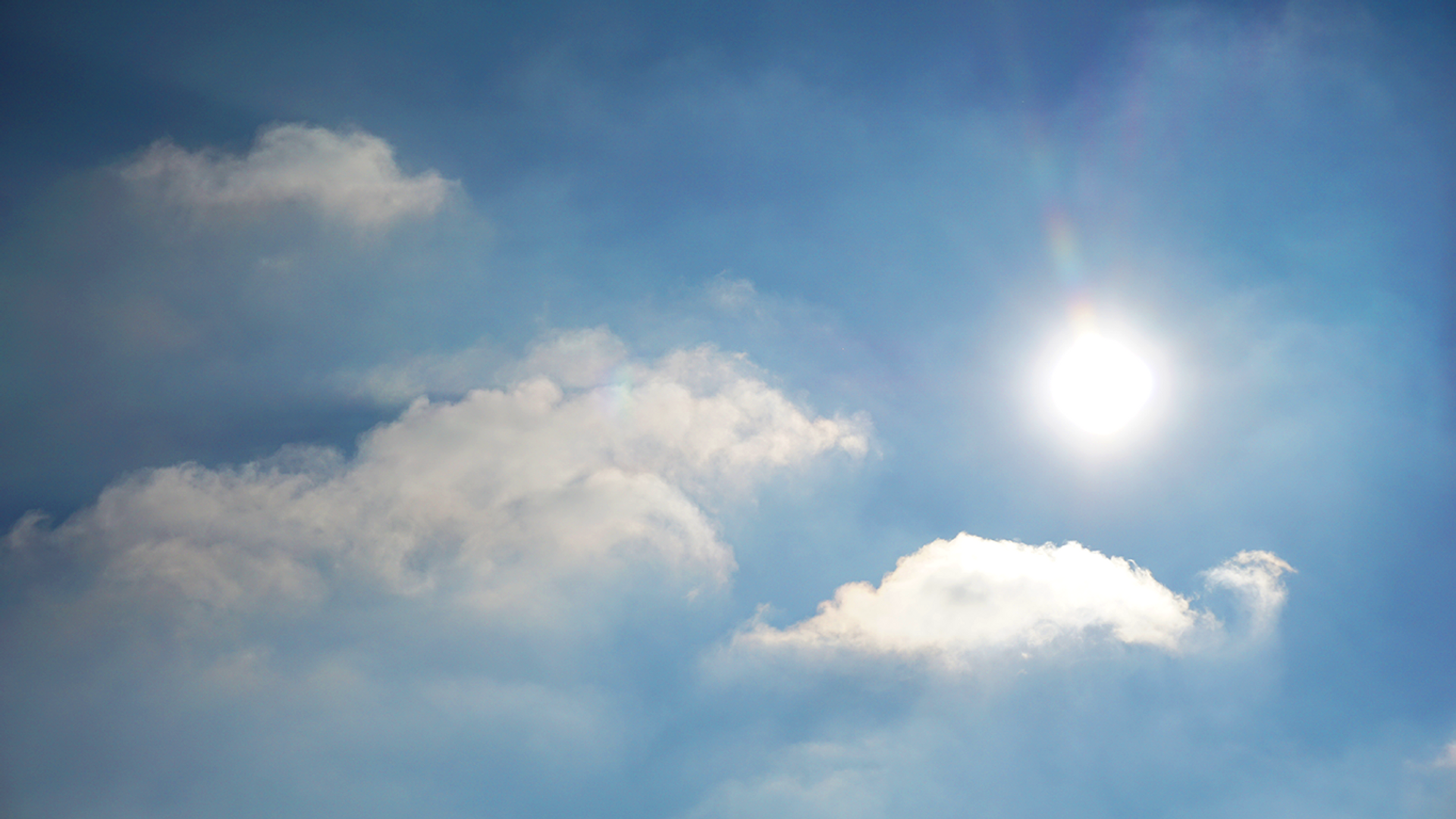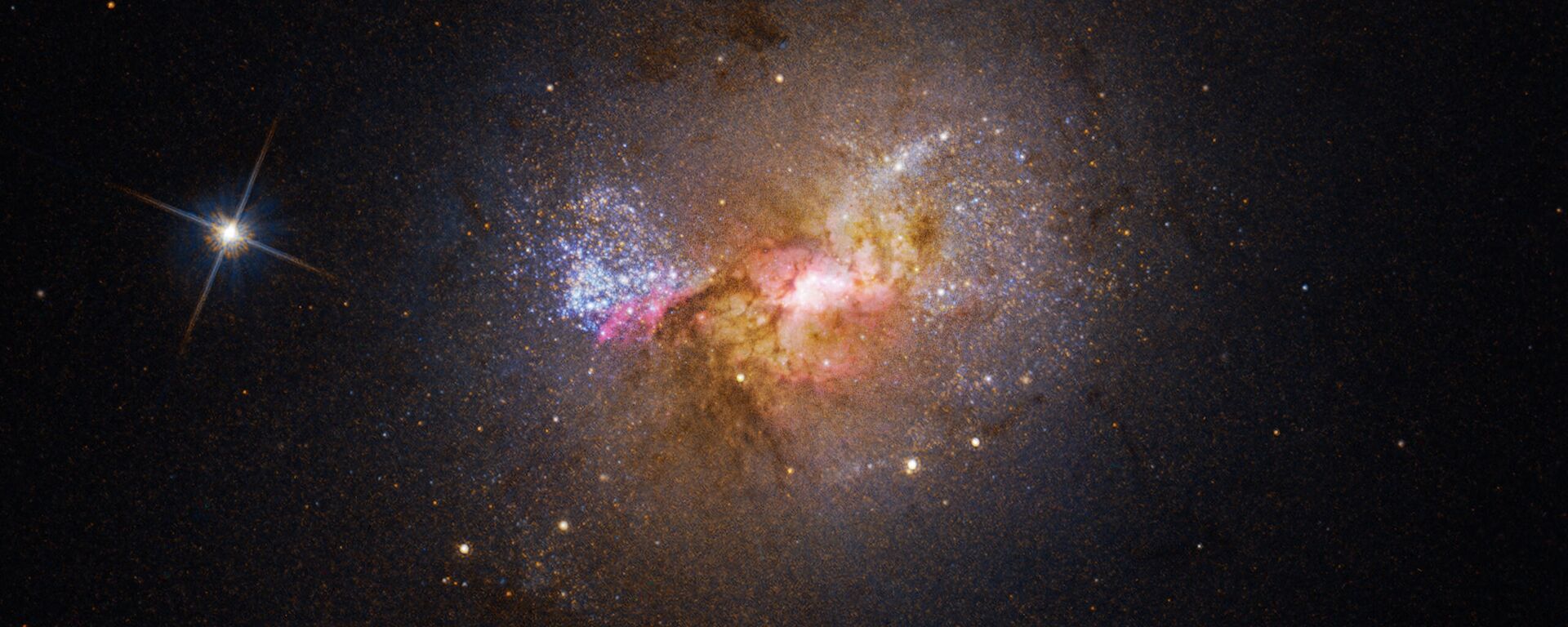https://sputniknews.in/20231222/why-december-22-is-shortest-day-of-year-in-india-5926603.html
Why December 22 is Shortest Day of Year in India
Why December 22 is Shortest Day of Year in India
Sputnik India
India will witness the winter solstice, a major seasonal transition, on December 22, which means that the country will have the longest night of the year on Friday.
2023-12-22T14:40+0530
2023-12-22T14:40+0530
2023-12-22T14:40+0530
india
solar panels
solar eclipse
science & tech
space satellite
traditional family values
vedic astrology
https://cdn1.img.sputniknews.in/img/07e7/0c/16/5927805_1:0:1366:768_1920x0_80_0_0_bcca6f045db56fe12b5b25a7688e9e9e.png
The winter solstice is an annual event when the northern hemisphere is tilted farthest away from the Sun. Those living on the northern half of the planet will have fewer hours of sunlight; the event also marks the commencement of astronomical winter. Meanwhile, India will experience its shortest day on December 22, and the solstice will occur at 8.57 am; there will be roughly 7 hours and 14 minutes of daylight. Scientifically, the solstice is the result of Earth's axial tilt of approximately 23 degrees. As the northern hemisphere tilts away from the Sun, the southern hemisphere leans towards it, marking the summer solstice. Historically, the solstice is considered sacred and of great importance. It has been referenced in many mythologies and traditions, and celebrated with festivities. A few traditions also see the solstice as the symbolic death and rebirth of the Sun. The Moon will be visible on the right of Jupiter, and the brightest planet in the sky can easily be seen with a telescope. This is also the time to watch the Urshid's meteor shower; however, the event will have only five to ten meteors per hour.
https://sputniknews.in/20231116/isro-scientists-detect-emissions-from-black-hole-5435491.html
india
Sputnik India
feedback.hindi@sputniknews.com
+74956456601
MIA „Rossiya Segodnya“
2023
Deexa Khanduri
https://cdn1.img.sputniknews.in/img/07e6/0c/13/138923_52:0:533:481_100x100_80_0_0_cadf23d341691fc65ff2b22fd1afe584.jpg
Deexa Khanduri
https://cdn1.img.sputniknews.in/img/07e6/0c/13/138923_52:0:533:481_100x100_80_0_0_cadf23d341691fc65ff2b22fd1afe584.jpg
News
en_IN
Sputnik India
feedback.hindi@sputniknews.com
+74956456601
MIA „Rossiya Segodnya“
Sputnik India
feedback.hindi@sputniknews.com
+74956456601
MIA „Rossiya Segodnya“
Deexa Khanduri
https://cdn1.img.sputniknews.in/img/07e6/0c/13/138923_52:0:533:481_100x100_80_0_0_cadf23d341691fc65ff2b22fd1afe584.jpg
winter solstice, india winter solstice, northern hemisphere, astronomical winter, solstice, what is solstice, jupiter, urshid's meteor shower,
winter solstice, india winter solstice, northern hemisphere, astronomical winter, solstice, what is solstice, jupiter, urshid's meteor shower,
Why December 22 is Shortest Day of Year in India
Deexa Khanduri
Sputnik correspondent
India will witness the winter solstice, a major seasonal transition, on December 22, which means that the country will have the longest night of the year on Friday.
The
winter solstice is an annual event when the northern hemisphere is tilted farthest away from the Sun. Those living on the
northern half of the planet will have fewer hours of sunlight; the event also marks the commencement of astronomical winter.
Meanwhile, India will experience its shortest day on December 22, and the solstice will occur at 8.57 am; there will be roughly 7 hours and 14 minutes of daylight.
Scientifically, the solstice is the result of Earth's axial tilt of approximately 23 degrees. As the northern hemisphere
tilts away from the Sun, the southern hemisphere leans towards it, marking the summer solstice.
Historically, the solstice is considered sacred and of great importance. It has been referenced in many mythologies and traditions, and celebrated with festivities. A few traditions also see the solstice as the symbolic death and rebirth of the Sun.
The Moon will be visible on the right of Jupiter, and the brightest planet in the sky can easily be seen with a telescope. This is also the time to watch the
Urshid's meteor shower; however, the event will have only five to ten meteors per hour.



